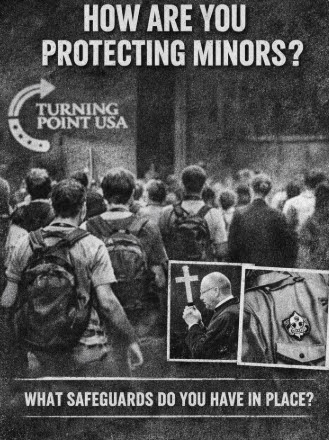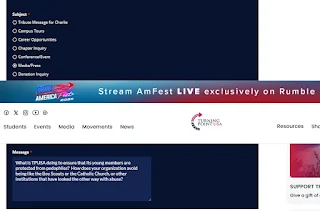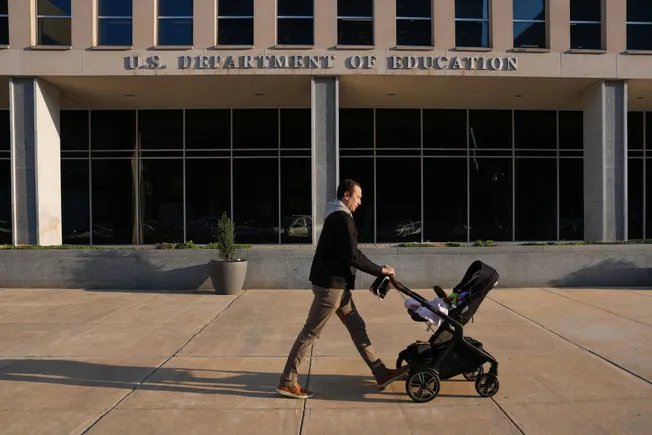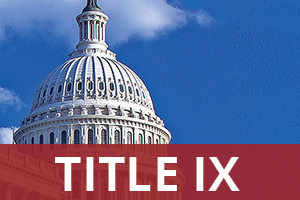Turning Point USA (TPUSA) presents itself as a youth-driven organization committed to “freedom,” “family values,” and protecting young people from ideological harm. Its events, chapters, conferences, and online ecosystem actively recruit high school and college students, many of them minors. That reality alone demands scrutiny. When an organization mobilizes thousands of young people, invites them into closed social networks, overnight conferences, mentorship relationships, and ideologically intense spaces, the question of safeguarding is not optional. It is foundational.
The Higher Education Inquirer is formally requesting that Turning Point USA explain—clearly, publicly, and in detail—how it protects its juvenile members from abuse, exploitation, harassment, grooming, and radicalization.
History shows what happens when powerful institutions prioritize reputation, growth, and loyalty over the safety of children. The Boy Scouts of America concealed decades of sexual abuse. The Catholic Church systematically reassigned abusive clergy while silencing victims. In both cases, leadership claimed moral authority while “looking the other way” to preserve power and legitimacy. These failures were not accidents; they were structural. They occurred in organizations that mixed hierarchy, ideology, secrecy, and minors.
TPUSA operates in a similarly charged environment. Its chapters are often led by young adults with little training in youth protection. Its national leadership cultivates celebrity figures, informal mentorships, and a grievance-driven culture that discourages internal dissent. Its conferences place minors in proximity to adult influencers, donors, and political operatives. Yet TPUSA has not meaningfully explained what independent safeguards are in place to prevent abuse or misconduct.
This concern is heightened by TPUSA’s proximity to extremist online subcultures. The organization has repeatedly intersected with or failed to decisively distance itself from INCEL-adjacent rhetoric and Groypers—a network associated with white nationalism, misogyny, antisemitism, and harassment campaigns targeting young people, especially women and LGBTQ students. Groypers, in particular, have demonstrated an ability to infiltrate conservative youth spaces, weaponize irony, and normalize dehumanizing ideas under the guise of “just asking questions.” These are not abstract risks. They are documented dynamics in digital youth radicalization.
Young men who feel isolated, humiliated, or angry are especially vulnerable to grooming—not only sexual grooming, but ideological grooming that funnels resentment into rigid hierarchies and scapegoating narratives. When organizations valorize grievance, masculinity panic, and enemies within, they create conditions where abuse can flourish and victims are pressured into silence for the “greater cause.”
TPUSA frequently positions itself as a protector of children against educators, librarians, and public schools. That posture invites reciprocal accountability. Who conducts background checks for chapter leaders and event staff? What mandatory reporting policies exist? Are there trauma-informed procedures for handling allegations? Are minors ever placed in unsupervised housing, transportation, or digital spaces with adults? What training is provided on boundaries, consent, and power dynamics? And crucially, what independent oversight exists beyond TPUSA’s own leadership and donors?
Safeguarding cannot be reduced to slogans or moral posturing. It requires transparency, external review, and a willingness to confront uncomfortable truths—even when they implicate allies. Institutions that refuse such scrutiny do not protect children; they protect themselves.
The Higher Education Inquirer awaits Turning Point USA’s response. Silence, deflection, or culture-war theatrics will only deepen concern. If TPUSA truly believes in protecting young people, it should welcome this scrutiny—and prove that it has learned from the catastrophic failures of institutions that came before it.
Sources
Wikipedia, “Turning Point USA”
Wikipedia, “Boy Scouts of America sex abuse cases”
Wikipedia, “Catholic Church sexual abuse cases”
Anti-Defamation League, “Groyper Movement”
Southern Poverty Law Center, reports on white nationalist youth recruitment and online radicalization
Moonshot CVE, research on incel ideology and youth radicalization
New York Times, reporting on abuse scandals in youth-serving institutions
ProPublica, investigations into institutional cover-ups involving minors







